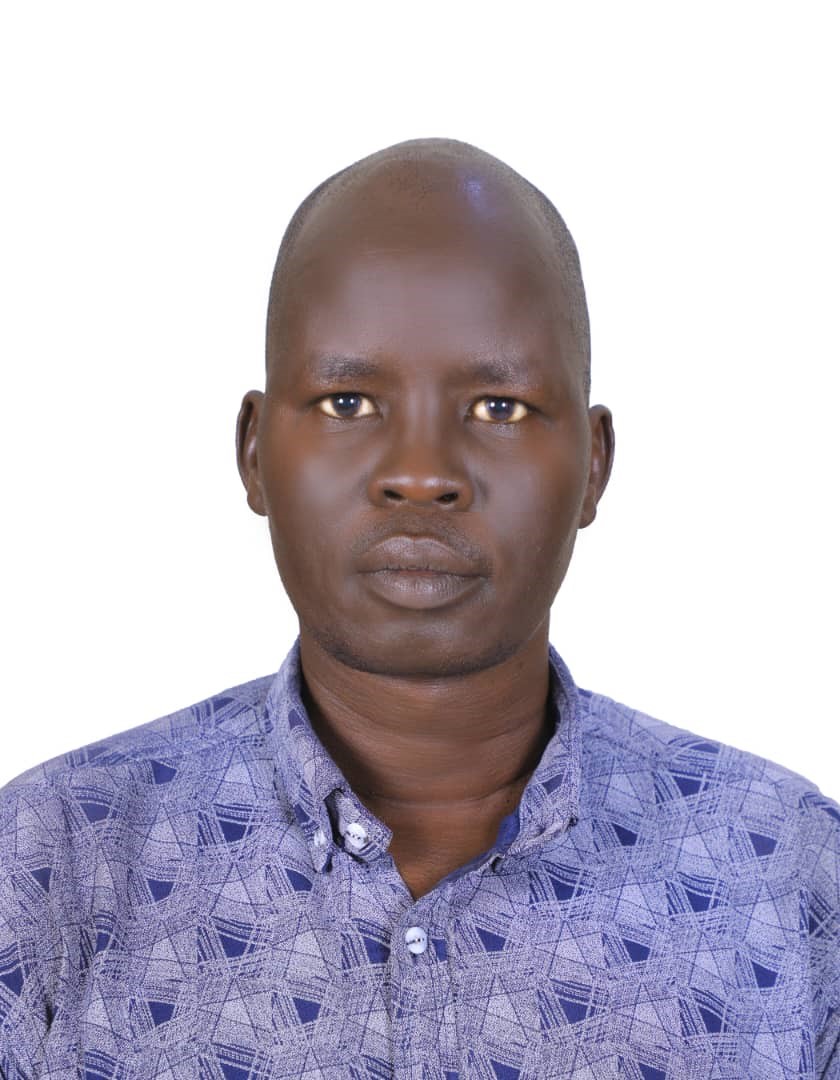In many parts of the world, especially in developing nations in general and South Sudan in particular, the choice between carrying a gun or an agricultural tool is more than symbolic; it represents two opposing paths for society. A gun symbolises conflict, destruction, and division, while a hoe, plough, or any other agricultural tool used for cultivation symbolises peace, productivity, and progress. Choosing to carry agricultural tools instead of guns to fight and kill ourselves is not only a call for peace, but also a commitment to build sustainable livelihoods, economic growth, development, and to secure the future of our nation.
Agriculture is the backbone of most developing economies, particularly in Africa of which South Sudan is no exception. It provides food, employment, and income to millions of households, especially the rural population, who are victims of insecurity. When young people turn away from farming and take up arms, the result is not just conflict but also food insecurity and economic collapse. Wars take people’s lives and their properties, destroy fertile land, displace farmers, and disrupt markets. A nation that encourages its youth to carry hoes instead of guns is a nation that invests in stability, food self-sufficiency, economic growth, transformation and development.
Carrying agricultural tools represents a shift from dependency of importing food from our neighbours such as Uganda, Kenya and beyond to self-reliance, it is my humble request, “kindly, produce your own food as individuals or as a nation”. A hoe in the hand of a young man or woman means food on the table, income for the family, and hope for the community. Unlike guns, which destroy lives and resources, farming tools create opportunities, sustain families, and promote long-term development. Nations that prioritise agriculture over conflict build stronger foundations for education, health, and infrastructure (road networks, railways, hydro power, irrigation facilities, running water systems, etc), because peace and productivity go hand in hand.
The gun, on the other hand, may promise quick power or control, but its legacy is always destruction. Communities torn apart by violence are left with hunger, poverty, and trauma. Children grow up without schools, families flee their homes, and fertile lands lie idle because people are too afraid to farm. Carrying guns may win battles, but carrying agricultural tools wins the war against hunger, unemployment, and underdevelopment.
Governments, civil society, and religious leaders must encourage young people to see dignity and pride in farming. Through investment in modern agricultural practices, access to credit, and provision of markets, farming can be made attractive, profitable, and sustainable. When youth realise that a hoe can bring more value than a gun, they will embrace agriculture not just as a survival activity but as a pathway to prosperity.
Furthermore, carrying agricultural tools fosters unity rather than division. Farming is a communal activity; it brings people together during planting, weeding, and harvesting seasons. A gun separates people by fueling suspicion and hostility, while farming tools unite them in the spirit of cooperation. A society built on farming is a society where peace flourishes, because people have a shared goal: that is, feeding their families and building their nation.
The phrase “carry agricultural tools, not a gun” is, therefore, a powerful reminder that the real wealth of any nation lies not in the barrel of a gun but in the fertility of its soil to produce food and the strength of its farmers. Guns may silence voices, but hope plants seeds. Guns take away the future, while farming tools secure it.
In conclusion, the call to carry agricultural tools instead of guns is a call for peace, progress, and prosperity. It is an appeal to every young person, every community, and every leader in South Sudan to recognise that the path to national development is not paved with bullets, but with seeds you have planted. To choose farming over fighting is to choose life over death, unity over division, and growth over destruction. The future belongs to those who sow, not those who destroy.
Thank you for reading this piece of the article; it carries lives. God bless you, God bless South Sudan.
The writer, Kuot John Ring, is a graduate of economics at the Catholic University of South Sudan and is currently pursuing a master’s degree (MA in Economic Development and Policy Analysis) at the University of Juba. He can be reached through email: kuotring@gmail.com
The views expressed in ‘opinion’ articles published by Radio Tamazuj are solely those of the writer. The veracity of any claims made is the responsibility of the author, not Radio Tamazuj.




